Virtual singers, no matter how good, are just products of technology.
The emergence of virtual singers and their music products around the world is changing the music tastes of a segment of the public. What do you think about the fact that Vietnam also has virtual singers and their music products?
- First of all, it must be said that the creation of virtual singers and their music products is a step forward in technology and artificial intelligence. This shows that humans have taken great strides in creating music based on technology. Virtual singers are a product of artificial intelligence and will certainly have their own values.
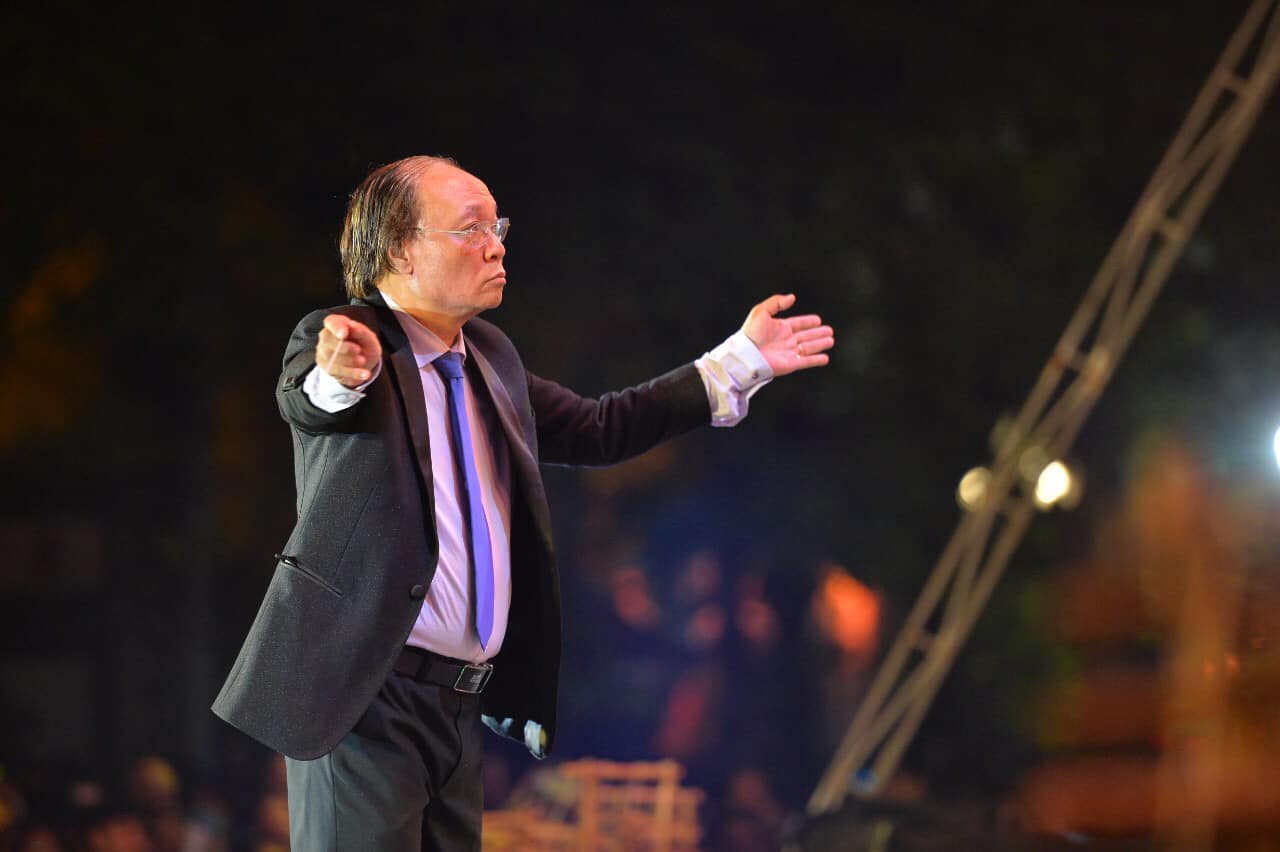
People's Artist Pham Ngoc Khoi - Vice President of Vietnam Musicians Association. Photo: FBNV.
However, for me, this is nothing new because decades ago, Japan introduced a type of instrument that can replace all the instruments in a symphony orchestra. This instrument once amazed both professionals and the public. Japan even created robots that can play the violin, guitar, etc. many years ago.
I think that Vietnam creating virtual singers is a good thing. That shows that Vietnamese people are not inferior to any other country in the world. But for virtual singers to be able to have a life like real singers is something that needs to be discussed a lot. Because simply, virtual and real are different, virtual is virtual, real is real.
Many people are concerned that the increasing number of virtual singers will cause real singers to share the audience and gradually lose their position. What do you think about this?
- I think we should not worry too soon! Virtual singers are still virtual singers, real singers are still real singers. Machines or technology cannot replace humans, let alone in music and art. In art, especially music, emotions, soul, heart (figuratively) are things that no machine can replace.
A real singer singing a song does not simply show off a beautiful voice and good technique, but also conveys emotions. Emotions are what give a musical work its own life. Each artist performs a musical work in their own way, meaning they give that work new life. When the audience listens to an artist sing, they also enjoy both the audio and visual aspects and the vibration of the soul, not just listening. No virtual singer can replace those things, no matter how advanced the technology is.
To me, virtual singers, no matter how beautiful they are or how well they sing, are just products of technology and have only entertainment value, not artistic value. Art is the resonance of many different factors. That is also the reason why, despite being many years ahead of the world in creating technological products, Japan still has a very high-end art scene, many famous artists have reached the world and music lovers are not caught up in the vortex of virtual singers.
Although we have had virtual singers in Vietnam for only a few months, I have noticed that the public does not seem to be very interested in them. Perhaps this is still something new and not attractive enough for them to care and love. Therefore, real singers still have a solid place in the hearts of the admiring public.
Don't manage virtual singers, just pay attention to the necessary and sufficient things.
In fact, in Vietnam, virtual singers have been brought to the stage to perform. Specifically, at the end of 2022, in the Ho Do program held in Ho Chi Minh City, two virtual singers Michau and Damsan performed in front of the public. This also shows that virtual singers have infiltrated real life and also contributed to changing the flow of music?
- This is a natural and inevitable thing that will happen. It is similar to the law of the universe. When people have created a virtual singer, they must naturally give it a life. We do not discuss the life of a virtual singer, but as a singer, you will have to appear before the public in one way or another.
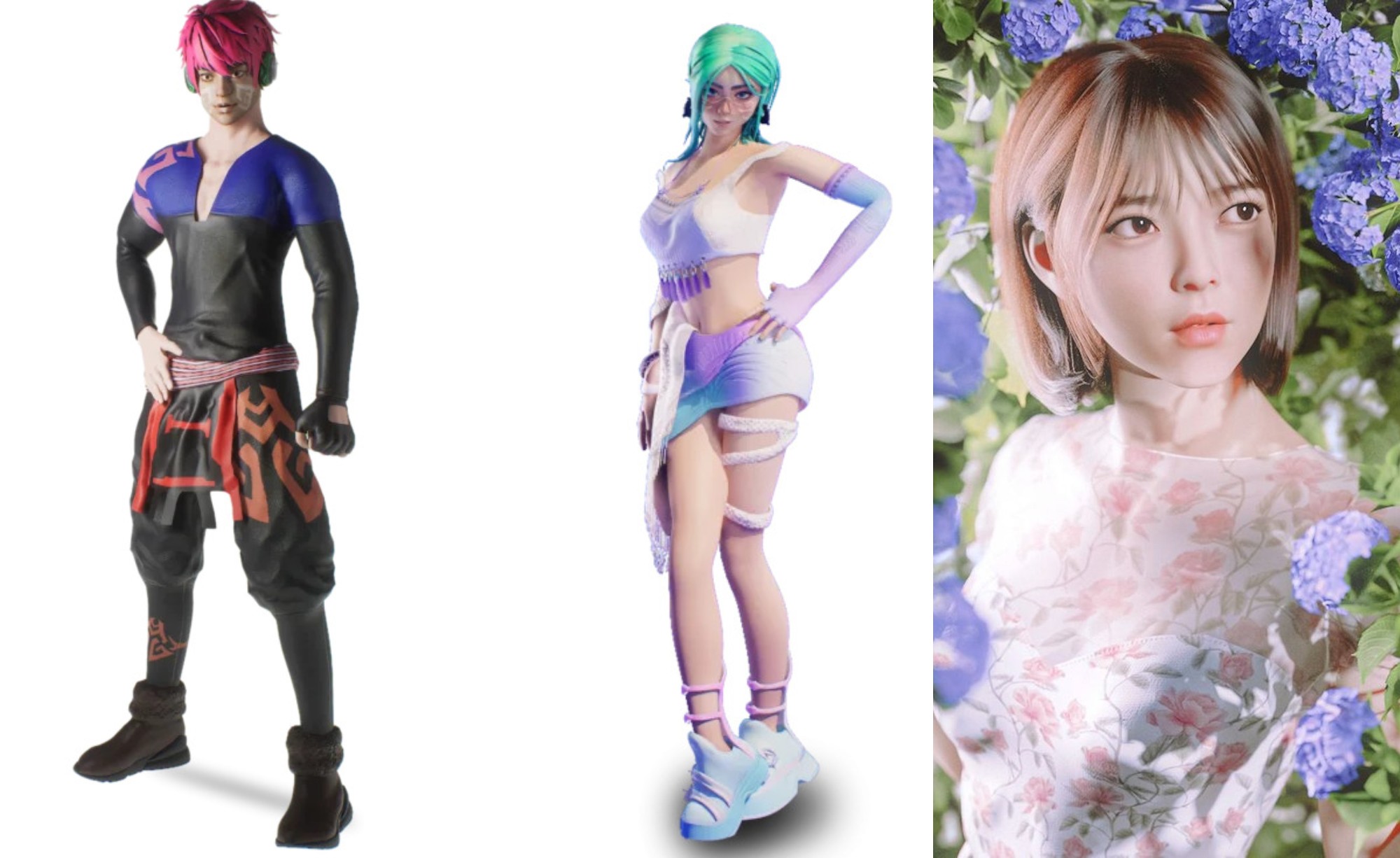
From left to right: Damsan, Michau and Ann - the first 3 virtual singers of Vietnam. Photo: TL.
The program organizers brought virtual singers on stage, first of all to create something new and strange for the entertainment audience; then to demonstrate a technology game. But the effect after the show also showed that not many people mentioned these virtual singers because they were not attractive and interesting enough. People feel strange before the technology product but cannot be conquered by technology. Real singers can conquer listeners with an excellent performance but machines cannot do that. Therefore, virtual singers on stage are only for "entertainment", they cannot overshadow real singers.
From the above analysis, I believe that bringing virtual singers to the stage is also a way to create new forms of entertainment for the public. This more or less helps the audience approach new concepts and new models of technology and artificial intelligence. If this technological product is excellent, the audience will cheer and respond; if it is not new, they will turn away. The eternal value of humanity is what is cultural, not entertainment.
For example, nowadays, many high-end concerts like the Spring Concert still use hundreds of artists and musicians to perform, instead of using technology to save costs and human resources. Tickets for the program are expensive, but audiences are still willing to pay to watch. If a concert were performed by a virtual artist, it would never have the same reception from the audience.
According to you, does the state management agency for performing arts need to take any precautions to prevent virtual singers from becoming chaotic and disorderly as they appear more and more, because after all, they are not under the management of state agencies?
- Virtual singers are products of technology, so they are not under the management of state agencies of performing arts. Therefore, it is true that we only need to pay attention to not having illegal acts, going against Vietnamese customs and people, but we should not ban them. After all, it is a step forward in technology, in artificial intelligence, so there is no need to be strict or prejudiced, but we should pave the way for its development. Any technological achievement creates values, but how those values exist in life is another story.
One more thing, from a personal perspective, I see that most of the voices of virtual singers today are taken from real prototypes and then transformed using technology. That means it involves the copyright and image of the real singer. Therefore, we must be very clear about this and comply with copyright laws. As for the music, there are clear provisions of copyright law, just 9 beats overlap is a copyright violation. Not to mention, if the music product of a virtual singer violates copyright, when it is posted on social networks, it will also be immediately punished by copyright.
Thank you People's Artist Pham Ngoc Khoi for sharing the information.
Source: https://danviet.vn/nguy-co-tu-ca-si-ao-ca-si-ao-cung-phai-tuan-thu-luat-ban-quyen-khong-di-nguoc-voi-van-hoa-viet-bai-cuoi-20230409103402231.htm


![[Photo] Looking back at the impressive moments of the Vietnamese rescue team in Myanmar](https://vstatic.vietnam.vn/vietnam/resource/IMAGE/2025/4/11/5623ca902a934e19b604c718265249d0)


![[Photo] "Beauties" participate in the parade rehearsal at Bien Hoa airport](https://vstatic.vietnam.vn/vietnam/resource/IMAGE/2025/4/11/155502af3384431e918de0e2e585d13a)


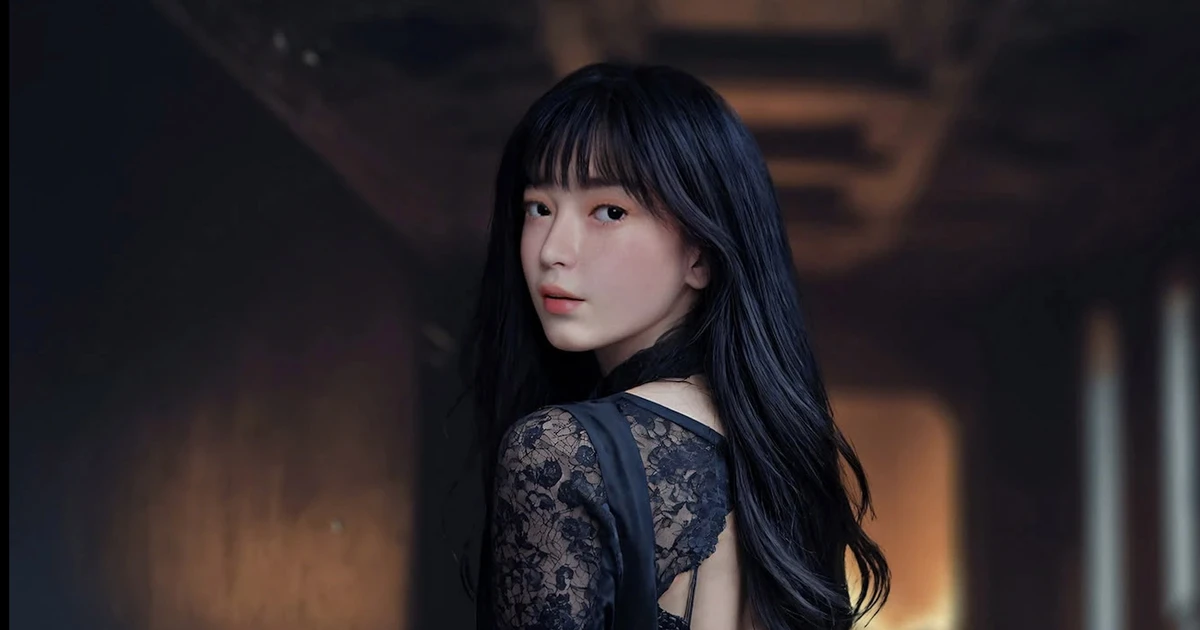



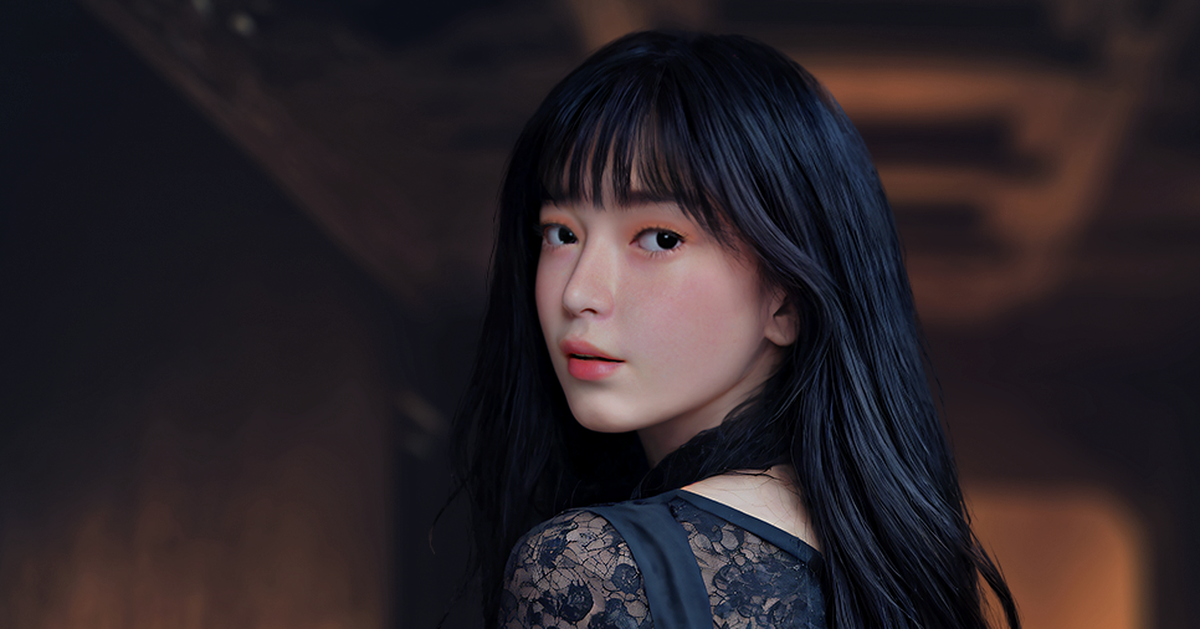

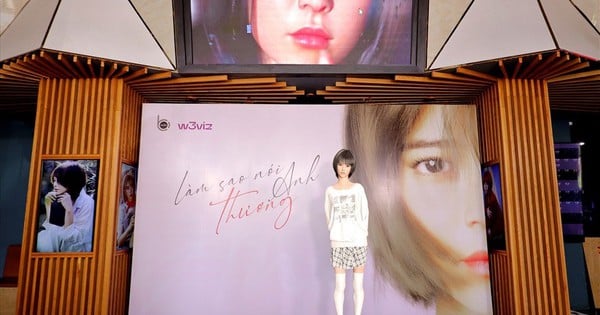

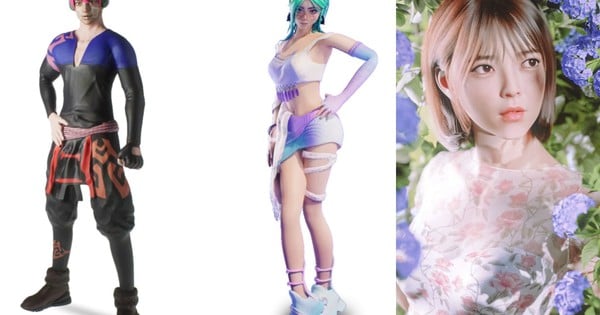

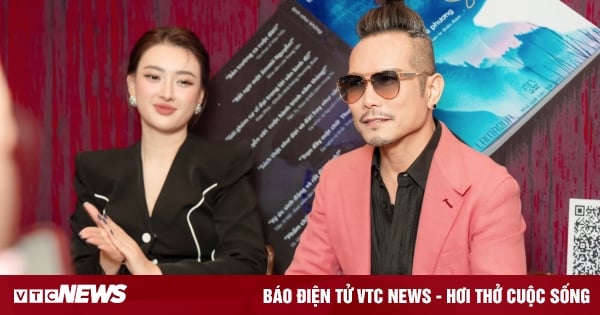
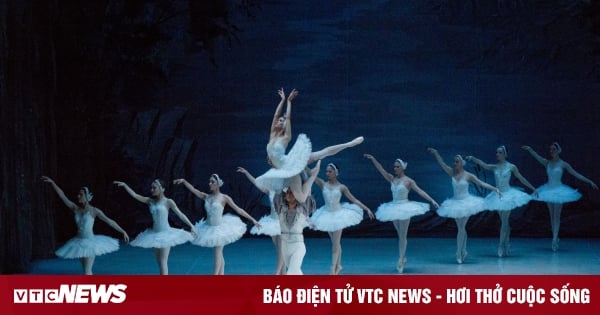
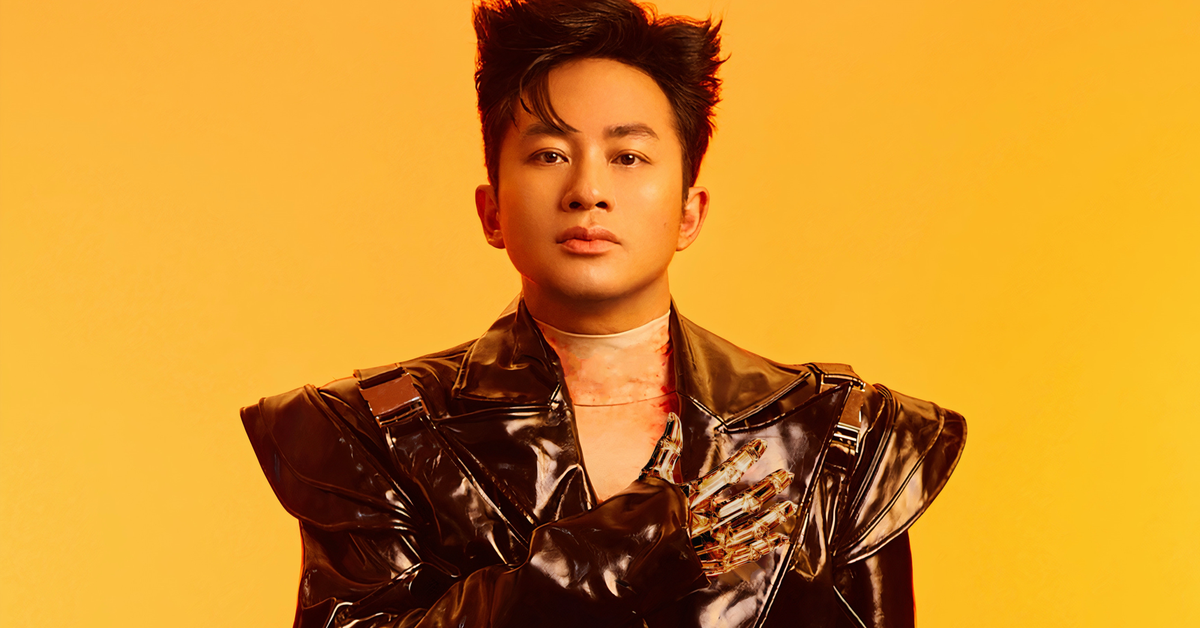
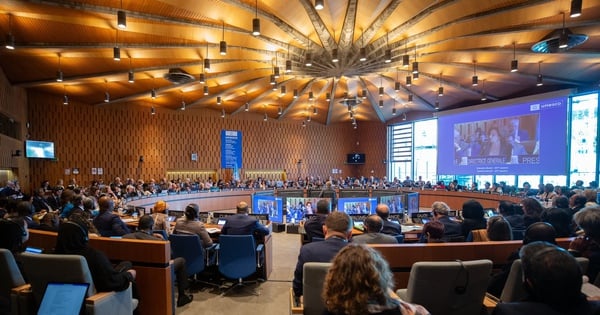





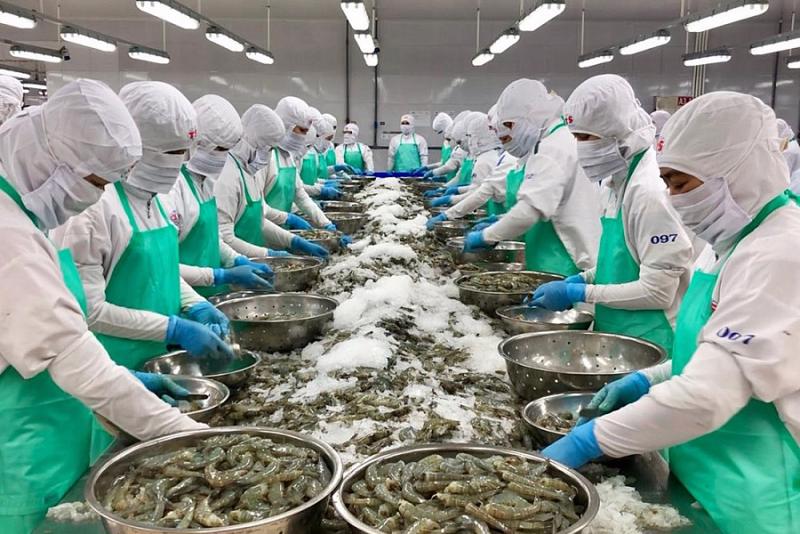

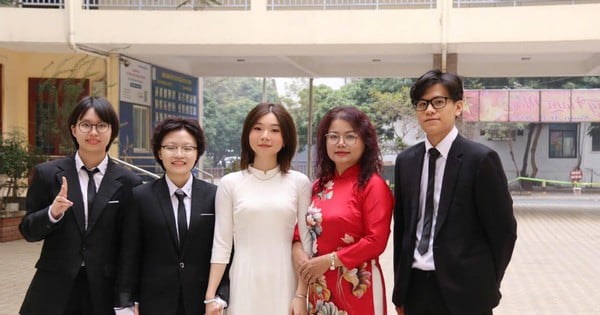

![[Photo] Summary of parade practice in preparation for the April 30th celebration](https://vstatic.vietnam.vn/vietnam/resource/IMAGE/2025/4/11/78cfee0f2cc045b387ff1a4362b5950f)










































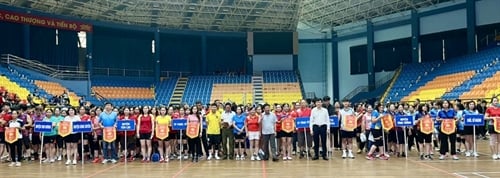



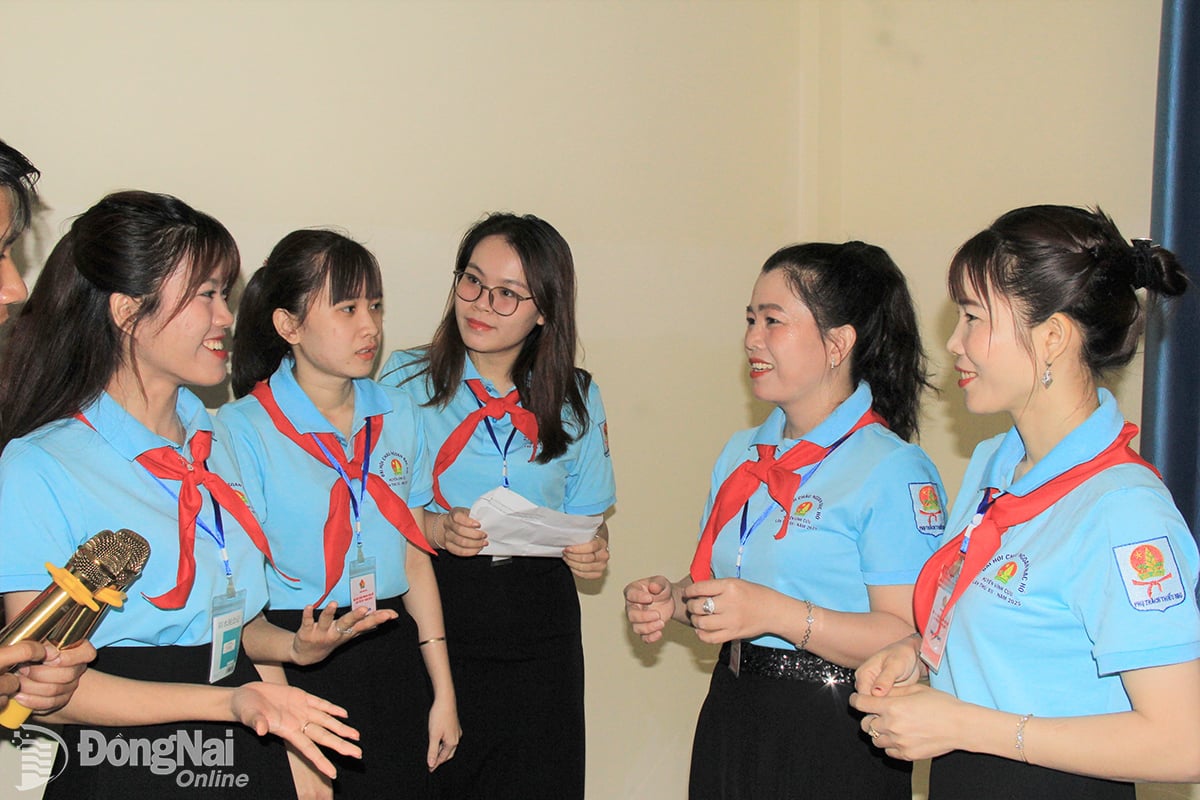

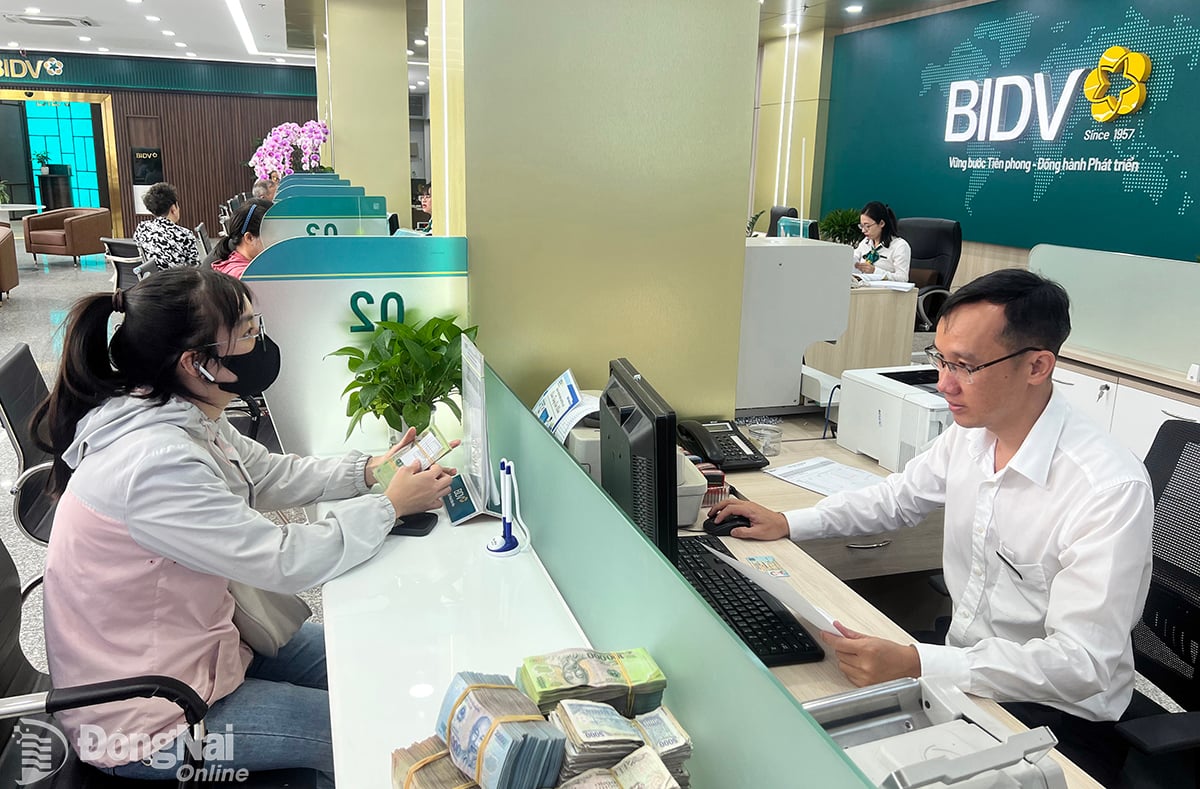












Comment (0)